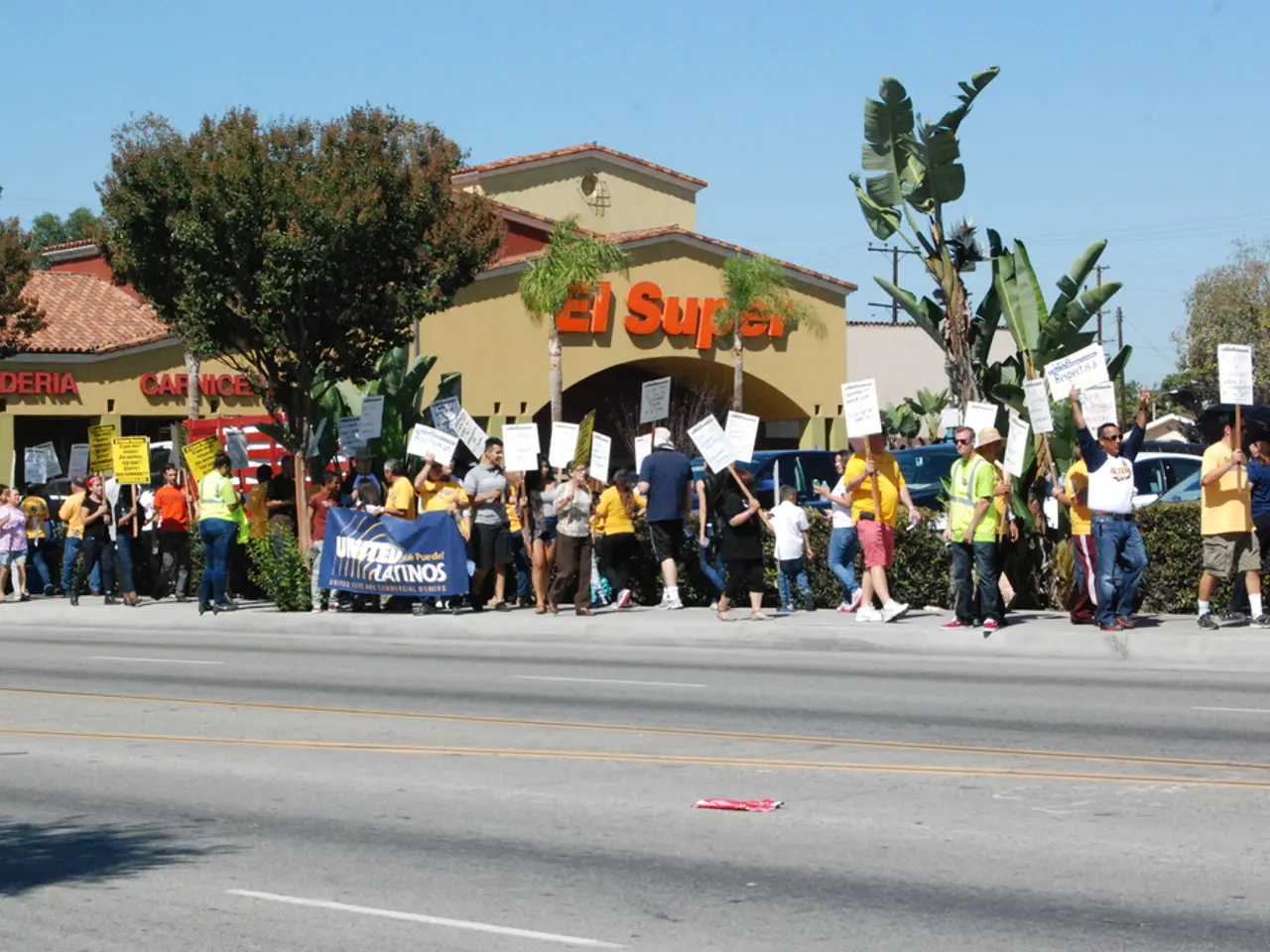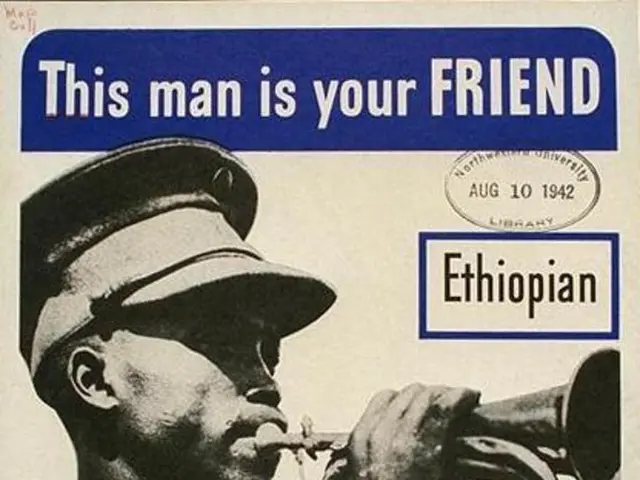"Isi (48), a homeless individual, expresses a sense of invisibility"
In the heart of Germany, the city of Düsseldorf is gearing up for its municipal election on September 14. However, a significant section of the population—the homeless—may be overlooked in this democratic process due to various challenges they face in registering to vote.
Johannes Dörrenbacher, a social worker at the Düsseldorf street magazine "fiftyfifty", has noticed a low interest in the municipal election among the homeless. He believes that increasing voter turnout through a simpler process is not effective due to the "greater problems on the street."
Homeless people in Düsseldorf can be better informed and assisted in registering for the voter registry for municipal elections through targeted outreach, accessible information, and support services specifically tailored to their circumstances. This includes cooperation between municipal election offices, social services, homeless shelters, and NGOs to ensure these individuals receive assistance in navigating voter registration requirements and processes.
Key elements to improve their registration and participation include:
- Mobile or onsite voter registration support at homeless shelters, drop-in centers, and social service locations to provide direct help with paperwork and proof of residence documentation, which is often a barrier for homeless individuals.
- Clear, simple informational materials tailored to the homeless population explaining their voting rights, registration process, and deadlines, distributed through shelters, public spaces, and outreach workers.
- Collaboration between municipal authorities and NGOs active with the homeless to identify unregistered individuals and encourage participation by addressing barriers such as lack of ID or permanent address.
- Use of social workers or election volunteers trained to assist homeless voters personally, ensuring they understand the process and feel supported throughout.
- Legal guidance and advocacy services integrated into homeless support to resolve issues related to eligibility and registration formalities.
Since municipal elections require voters to be registered, and homeless people may lack a permanent address, Düsseldorf could implement rules permitting registration using shelters or social service addresses and provide special assistance on this basis. Outreach campaigns timed before election periods would also raise awareness.
While the city of Düsseldorf distributes information about the election to various municipal aid facilities, who actively inform homeless people about their right to vote and provide support with the application process, many homeless individuals remain unaware or struggle with the bureaucratic nature of the voter registry application.
Isabella, a homeless woman, is one such individual. She has been living on the streets after the death of her partner at the beginning of February, and her dog, Murphy, passed away three weeks ago at the age of 13. Isabella expressed feeling invisible and unacknowledged while living on the streets. She finds the voter registry application complicated and bureaucratic.
Fathi Madrane, another homeless individual, does not want to vote because he believes nothing will change for him. Social workers are important in reaching homeless individuals like Isi and Fathi to help them exercise their right to vote.
However, Dörrenbacher suggests addressing the problems more specifically, such as protesting against the clearing of places or acknowledging the living realities of the homeless, rather than focusing solely on increasing voter turnout. The municipal election will decide the future of Düsseldorf and could potentially benefit homeless people.
For homeless individuals, immediate concerns like basic needs (showering, money, food) often take priority over voting. Therefore, a multipronged strategy of institutional cooperation, accessible information dissemination, onsite support, and legal assistance is essential to better inform and assist homeless people in Düsseldorf in registering for the municipal voter registry.







